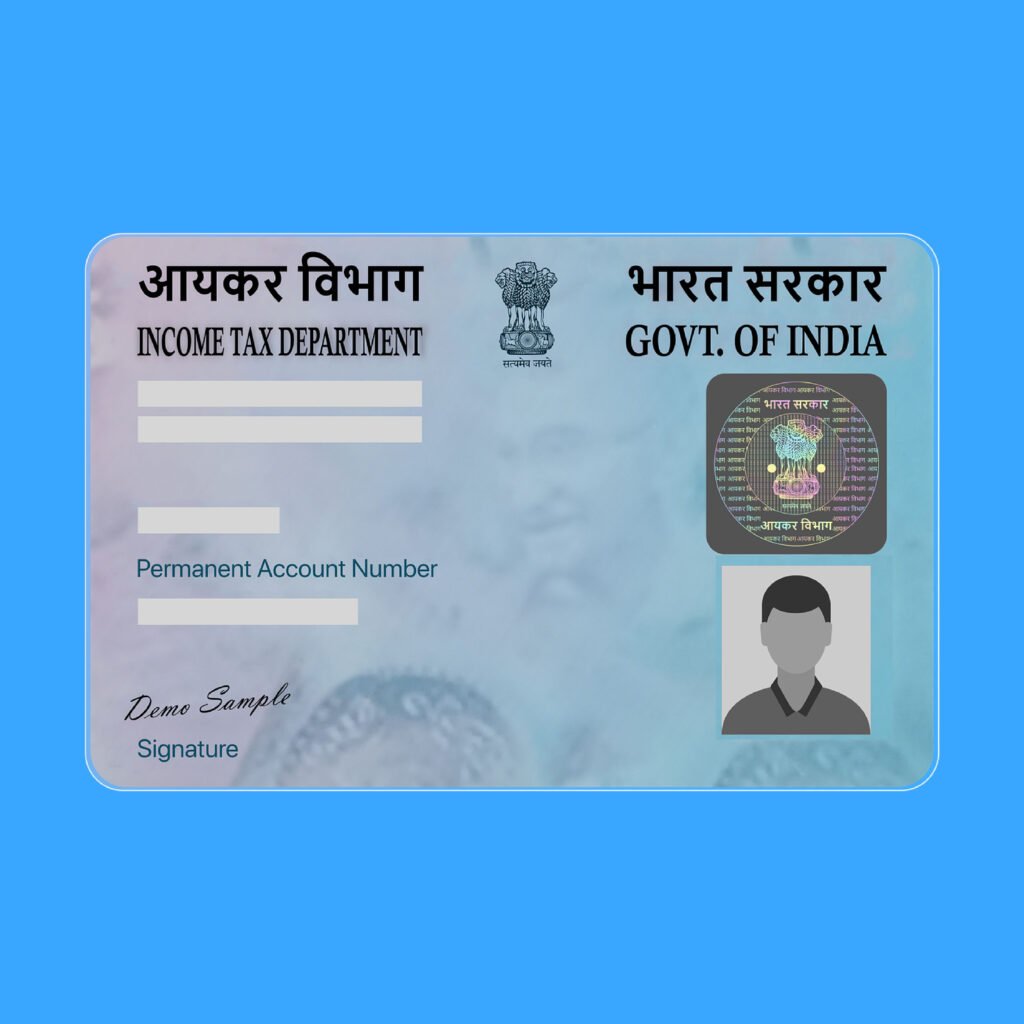PAN Card Verification

Welcome to Ram Adithya Screening Private Limited
PAN Card Verification
PAN (Permanent Account Number) card verification is the process of confirming the authenticity and validity of an individual’s PAN card, which is issued by the Income Tax Department in many countries, including India. PAN serves as a unique identifier for taxpayers and is used for various financial transactions and documentation. Here’s a brief overview of PAN card verification:
Purpose: PAN card verification is essential for validating the identity of individuals and entities engaging in financial transactions, tax-related activities, and other legal purposes. It helps prevent tax evasion, fraud, and misuse of PAN cards
Verification Methods:
- Online Verification: Many countries provide online platforms where PAN card details can be verified by entering the PAN number and captcha code. The verification process may involve confirming the PAN holder’s name, date of birth, and other details against the records maintained by the tax authorities.
- Offline Verification: PAN card details can also be verified offline by submitting a request to the tax department or authorized agencies. This may involve providing a copy of the PAN card or other relevant documents for verification.
Use Cases:
Financial Transactions
PAN card verification is mandatory for various financial transactions, including opening bank accounts, conducting high-value transactions, investing in securities, and filing income tax returns.
Employment
Employers may verify employees' PAN cards for tax withholding purposes and compliance with tax regulations.
Government Services
PAN card verification may be required for accessing government services, obtaining licenses, or participating in government tenders.
Legal Documentation
PAN card details are often required for legal documentation, such as property transactions, loan applications, and business registrations.
Compliance
PAN card verification helps ensure compliance with tax laws and regulations, including Know Your Customer (KYC) and Anti-Money Laundering (AML) requirements. It also facilitates accurate reporting of financial transactions to tax authorities.

